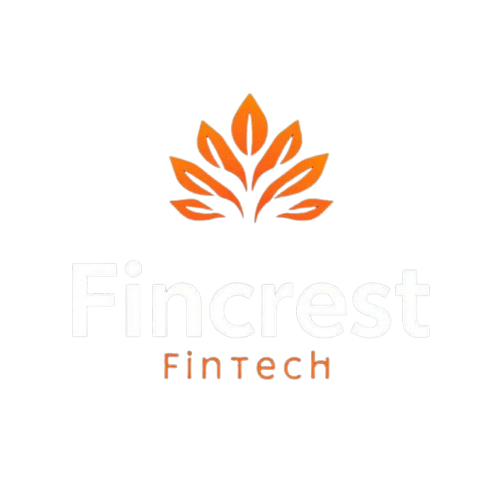Unlock your property’s value by using it as collateral.
Unlock the full potential of your residential or commercial property with a Loan Against Property (LAP). By pledging your property as collateral, you can access substantial funds to meet various financial needs, including business expansion, medical emergencies, education expenses, debt consolidation, or personal goals. LAP provides the benefits of higher loan amounts, lower interest rates, and flexible usage, making it an ideal solution for achieving your dreams. Take advantage of this powerful financial tool and turn your property into a source of growth and opportunity.
Loan Against Property Features
- Flexible Loan Tenure & Loan Amount Eligibility
- Loan against residential, Commercial, or industrial property
- Attractive Interest Rate
- End use can be Business Expansion or personal needs
Loan Against Property Scenarios
End Use of Loan Amount is Multipurpose
The funds from a Loan Against Property can be used for various needs, providing the flexibility to finance anything from business expenses to personal milestones without restrictions.
Mortgage loan is a Secured Loan
A Loan Against Property is backed by the value of your property, which serves as collateral. This reduces the lender’s risk, often resulting in lower interest rates compared to unsecured loans.
Loan Amount
The loan amount is calculated based on the value of the property you offer as collateral. This often allows you to secure a larger loan compared to personal or other unsecured loans.
Flexible Tenure
Loans Against Property offer longer repayment periods, usually ranging from 5 to 20 years. This extended tenure makes monthly installments more manageable.
Improves Credit Scores
Timely repayment of a Loan Against Property can enhance your credit score, showcasing responsible financial management and boosting your creditworthiness.
Eligibility Criteria for Loan Against Property
- Citizenship
Applicants must be Indian residents - Age
Applicants are usually between 21 and 65 years old, or the age of retirement by the end of the loan - Credit score and credit history
A minimum credit score of 700 or above is usually required. The credit score, which reflects your repayment history for loans and other credit, plays a crucial role in determining your eligibility for a Loan Against Property (LAP). - Repayment pattern
Lenders pay special attention to your repayment pattern. Missing EMIs regularly, making EMI payments after the due date, and varied unpaid dues are a cause of concern for them - Income stability
Lenders assess the applicant's income stability and may require proof of steady income. - Debt-to-income ratio
Lenders evaluate the applicant's debt-to-income (DTI) ratio to ensure they can comfortably afford mortgage payments (EMI) - Title of Property
To qualify for a Loan Against Property, you must demonstrate clear ownership of the property being pledged. In cases of co-application, all co-owners must establish a clear title to the property. Furthermore, the property must not already be pledged or mortgaged with another financial institution. - Banking Relationship
Maintaining a strong relationship with your lender can significantly improve your chances of securing a Loan Against Property (LAP). A good rapport may also help you secure better terms, such as higher loan amounts, lower interest rates, longer repayment periods, and reduced processing fees or hidden charges. - Market Value of Property
The loan amount and associated terms of your mortgage loan are determined by the lender based on the market value of the property you offer as collateral. Additionally, the property’s market value must exceed the loan amount calculated using its current valuation.
Documentation for Loan Against Property
- KYC Documents / Identification / Address proof
Aadhar Card / PAN card / Electricity Bill - Income proof
Salary slips, bank statements, Form 16, income tax returns, and financial statements Employment certificate - Property documents
Documents related to the property being mortgaged, such as the title deed, sale agreement, and approved building plan
Proof of Business for self employed individuals
- Firm / Company Documents
Partnership Deed
Articles of Association and Memorandum of Association
ROC registration certificate
GST / PAN / and other statutory registrations as per business type
Audited Financial Reports
GST Reports
Profit & Loss statement
Balance Sheet
Bank Account Statement of 6 Months
Professional Certificate and Practice License for Doctors, CA, etc.
Address proof of Business
Registration Certificate of Shops & Establishments, Municipal Corporation etc.


